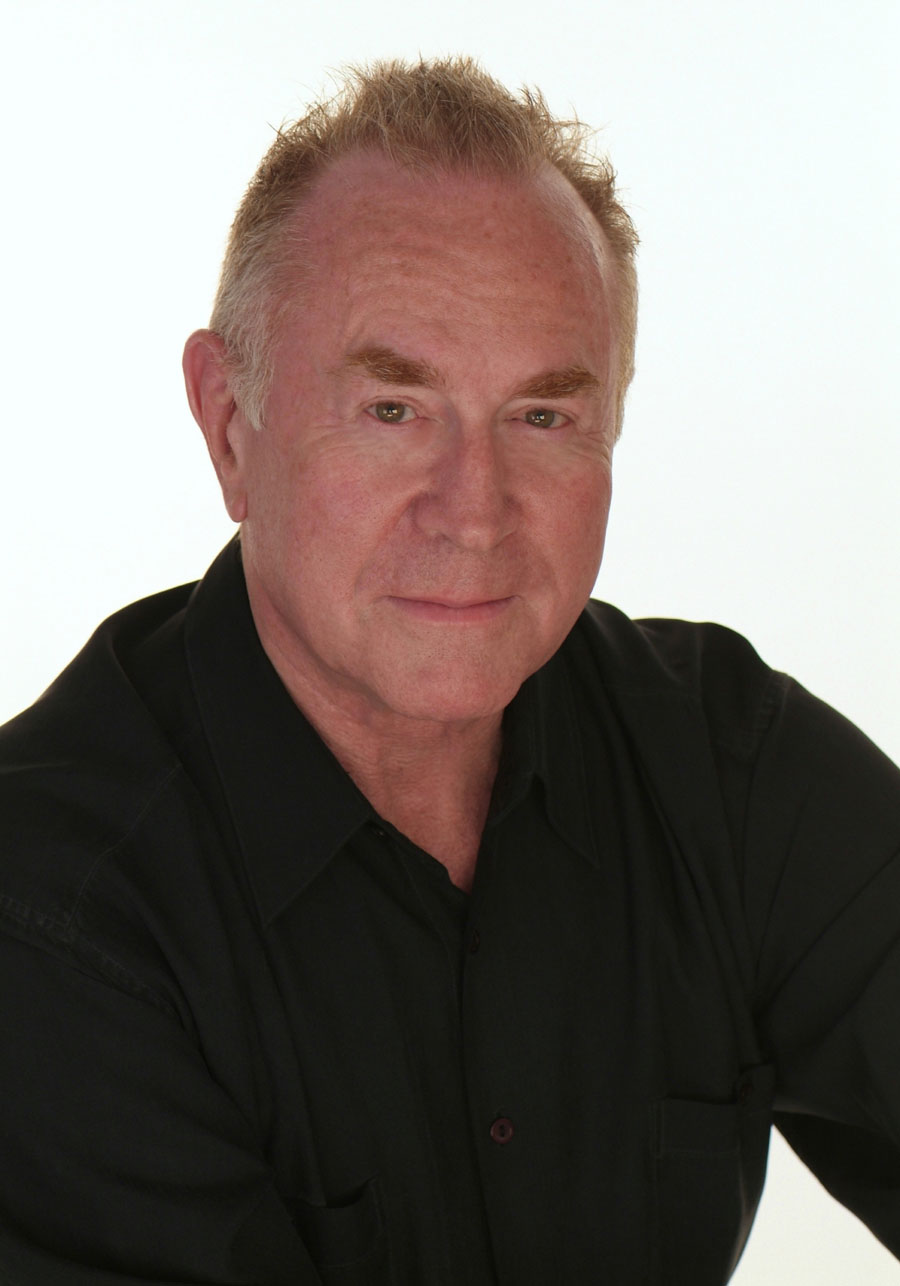The Atomic Heritage Foundation (AHF) is very pleased to release four new interviews with Manhattan Project historians on our “Voices” website. These experts discuss some of the most important aspects of the atomic bomb project. We plan to use their insights for interpretation in our “Ranger in Your Pocket” series on the Manhattan Project.
Richard Rhodes, the Pulitzer Prize-winning author of The Making of the Atomic Bomb, discusses the selection of Hanford as the site for the world’s first nuclear production reactor. He also talks about the legacy of the Manhattan Project, which was “absolutely revolutionary” and something that “changed that way the world has worked ever since.”
Robert S. Norris, author of Racing for the Bomb: General Leslie R. Groves, the Manhattan Project’s Indispensable Man, talks about the crucial role of General Groves, whose energy and determination impelled the atomic bomb project forward at an incredible pace. He also attributes much of the success of the Project to the Army Corps of Engineers, an organization that “plunged into big projects with great decisiveness, making decisions that were enormously costly, but with confidence that they could get them done.”
Alex Wellerstein, Assistant Professor of Science and Technology Studies at the Stevens Institute of Technology in Hoboken, NJ, and author of “Restricted Data: The Nuclear Secrecy Blog,” describes the science of nuclear fission and explains the differences between the uranium “Little Boy” bomb that was dropped on Hiroshima and the plutonium “Fat Man” bomb that was dropped on Nagasaki in August 1945. He also provides insight into the Soviet Atomic program and offers an explanation for why Germany failed to build its own atomic bomb.
William Lanouette, author of Genius in the Shadows: A Biography of Leo Szilard, the Man Behind the Bomb, talks about Szilard’s contributions to the Manhattan Project, including his theory of a nuclear chain reaction in 1933. He also discusses Oppenheimer’s security clearance hearing in 1954 and Szilard’s failed effort to persuade fellow colleague and friend Edward Teller from testifying against Oppenheimer.
We hope you enjoy listening to these renowned historians share their insights on the Manhattan Project!





